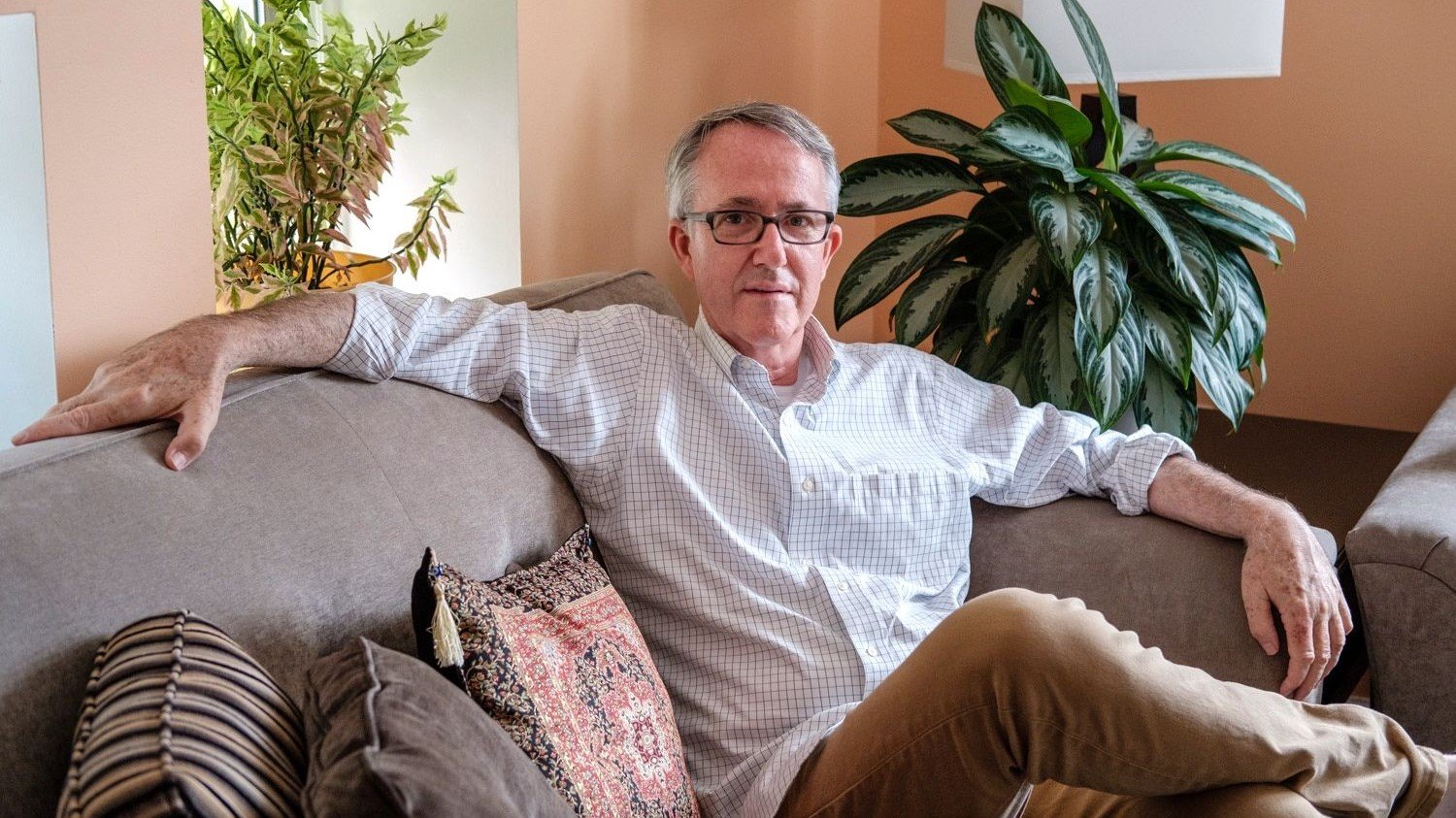The ABA Journal dubbed Fred Rooney the father of legal incubators. He developed the first incubator in 2007 at City University of New York Law School, spawning the launch of some 70 incubators in the years since, many with Fred’s guidance or based on his model. While most are in the U.S., Rooney is now helping create incubators worldwide, in countries as diverse as the Dominican Republic, Bulgaria and Pakistan. In fact, as we recorded this episode, Rooney was just back from the Gaza Strip, where he was developing an incubator for young Palestinian lawyers funded by the United Nations.
The legal incubator model that Rooney created serves dual missions. It helps young lawyers develop the business and practice skills they need to launch their own community-based legal practices, providing them space, mentoring and training. It also helps lawyers build practices that address the needs of low- and moderate-income individuals by offering affordable, community-based services. A recent ABA survey concluded that incubators are effective at supporting the career development of lawyers interested in starting solo and small-firm practices.
Rooney believes that for lawyers to do good in their communities, they first need to do well — to be sufficiently successful to be able to offer low- and pro-bono services. Incubators, he believes, give young lawyers the leg up they need to both do well and do good. On this episode of LawNext, he tells how he came to build the first incubator, explains how they operate, and relates how he began to build them outside the U.S.
Thank You To Our Sponsors
This episode of LawNext is generously made possible by our sponsors. We appreciate their support and hope you will check them out.
- Paradigm, home to the practice management platforms PracticePanther, Bill4Time, and MerusCase, and e-payments platform Headnote.
- Woodpecker, legal document automation for solo and small firms.
A reminder that we are on Patreon. Subscribe to our page to be able to access show transcripts, or to submit a question for our guests.
 Robert Ambrogi Blog
Robert Ambrogi Blog